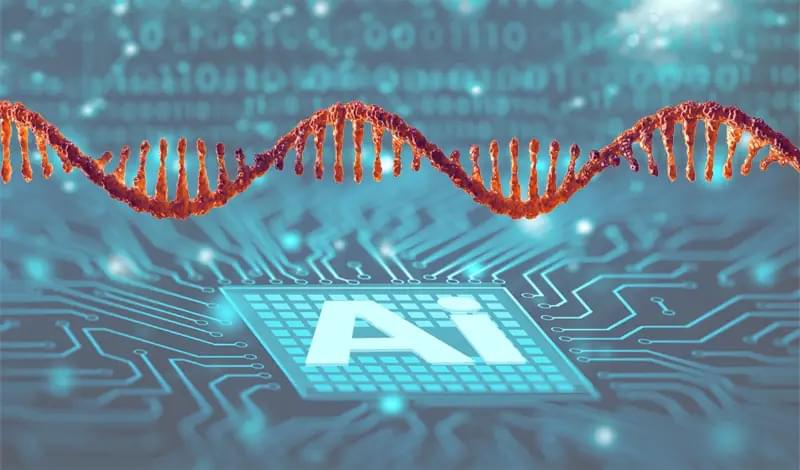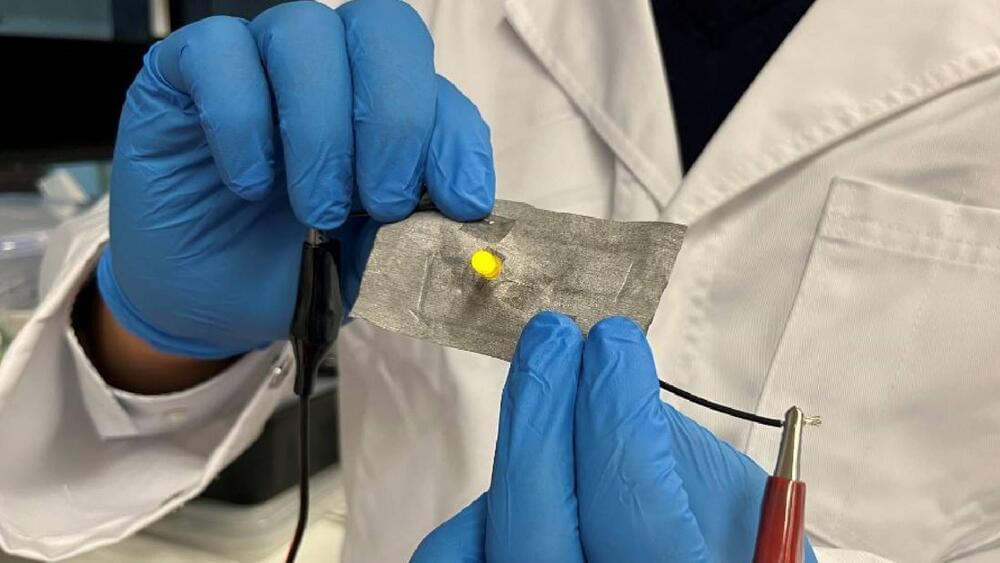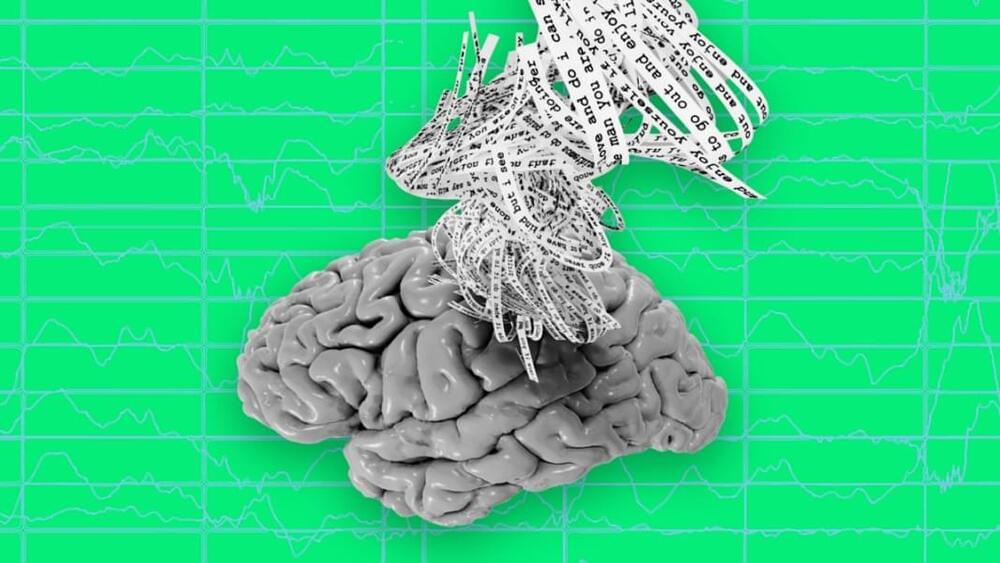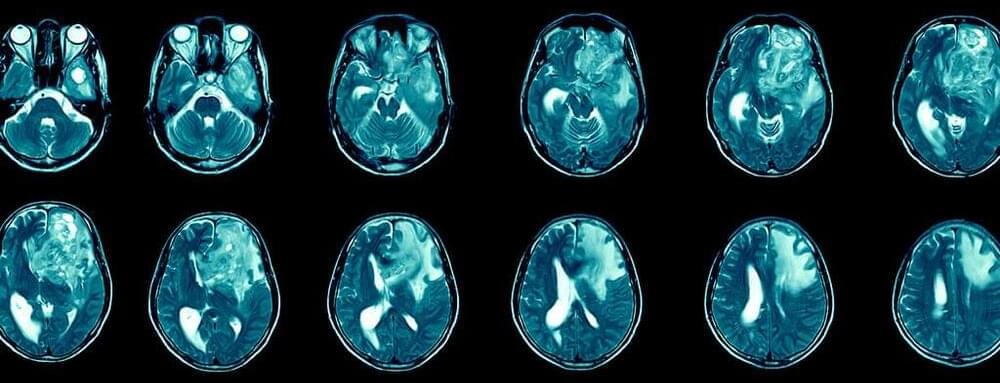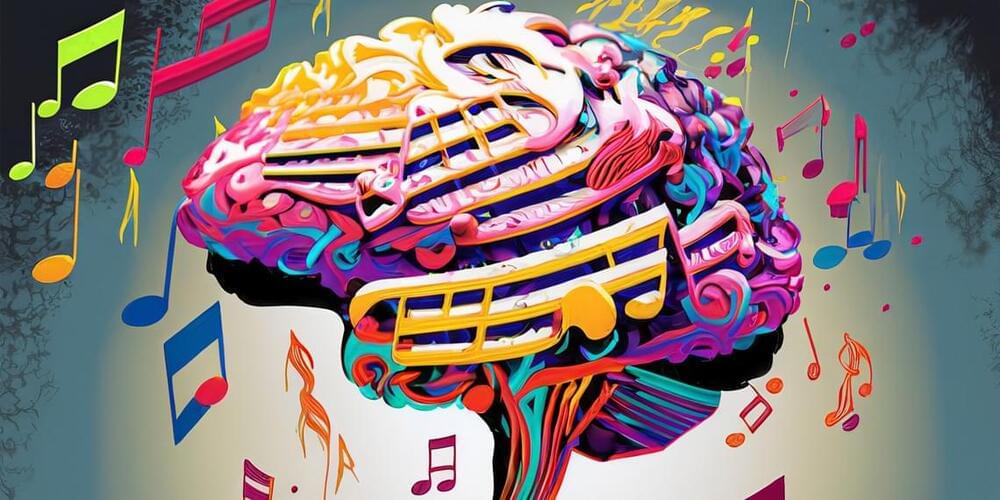May 6, 2023
AI generates mRNA in just 11 minutes
Posted by Will Fox in categories: biotech/medical, information science, robotics/AI
A new algorithm developed by Chinese company Baidu Research is dramatically faster than prior methods and shown to boost the antibody response of mRNA vaccines by up to 128 times.
Baidu Research is the research arm of Baidu, one of the largest technology companies in China. Established in 2014, it has since then been involved in various research activities such as natural language processing (NLP), machine learning, computer vision, robotics, and other areas of artificial intelligence.
